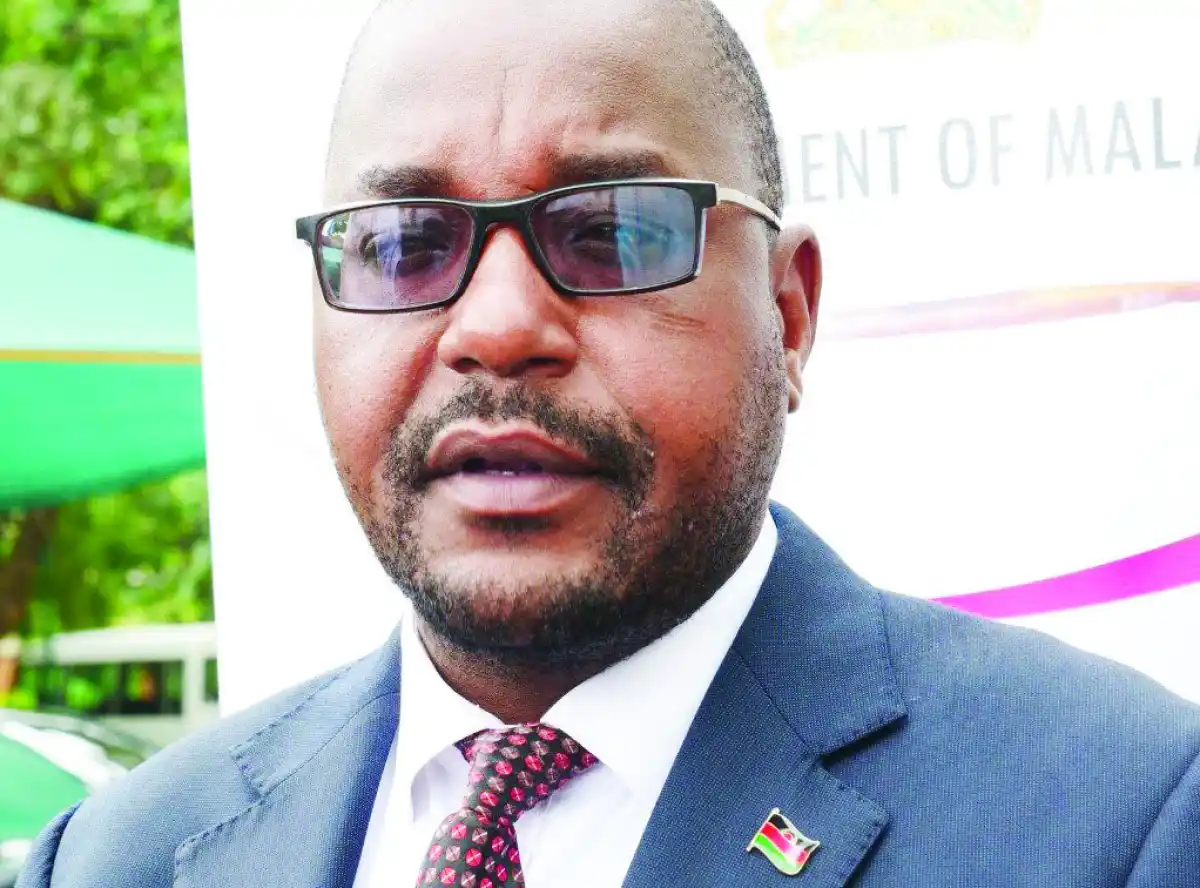
By Isaac Salima:
The country should brace for additional resources come end-September this year to meet the demands of new members of Parliament (MPs) and ward councillors following the demarcation of constituencies and wards.
The demarcation exercise, which was conducted by the Malawi Electoral Commission (Mec), will see the number of parliamentarians increasing by 36; from 193 to 229.
The number of ward councillors will now come to 509, up from 462, representing an increase of 47 people.
The development means the government will have to prepare for a huge wage bill to meet salaries, benefits, honoraria and other needs of the elected public servants.
According to figures from Parliament, currently, MPs get a basic salary of K2,035,712 per month.
The legislators get, among other benefits, a chauffeur allowance of K528,005, special house allowance of K580,800, security allowance of K528,005, utility allowance of K414,480 and K1.6 million fuel allowance per month.
A simple calculation shows that the country will be required to cough over K1.3 billion per month to pay its legislators.
And in a year, the country will be coughing over K16 billion for the MPs.
However, the figure does not include other benefits.
And the Treasury, through local councils, should also get ready to spend more money on honoraria for ward councillors.
Currently, a ward councillor gets K150,000 honoraria per month and 40 litres of fuel allowances direct from councils they serve.
The Treasury will, therefore, be required to pay the councillors over K76 million per month while for fuel.
It is expected that, on average, councils will be spending about K52 million per month on councillors.
This is an increase from K69 million that the government is paying the councillors as honoraria while for fuel, the local councils currently spend a sum of K47 million to pay councillors.
The increase in the number of MPs also means sitting allowances for the legislators when attending parliamentary deliberations will have to go up.
Currently, an MP gets K90,000 per day when the august House is meeting.
And when Constituency Development Funds (CDF) allocations are included, the bill on the taxpayer becomes huge, possibly translating into a bloated budget for the government.
The MPs get K200 million for CDF per year.
193 constituencies currently receive K38.7 billion for CDF per year but with the increase, the government will be required to budget for about K46 billion for the 229 constituencies.
However, the government is yet to reflect the anticipated bills in the 2025-26 national budget.

To compound the matter, the government has not indicated how it will pay the new MPs, more so because the new allocations are not available in the recently passed national budget.
Ministry of Finance spokesperson Williams Banda is on record to have told The Daily Times that the new constituencies will be allocated resources during the Mid-Term Budget Review.
Parliament is expected to meet after the September 16 General Elections this year.
Mec went on the demarcation exercise aimed at ensuring that all constituencies have equal numbers and are properly represented.
The demarcation exercise was last conducted in 1999, when 16 constituencies were added from 177 to the current 193.
National Assembly spokesperson Ian Mwenye assured citizens that resources would be available to meet all the costs.
“It won’t be the first time for the numbers to increase. It has never been a burden, as you are suggesting. Government has always provided the required resources. Our role, as Parliament, is to submit the financial requirements,” Mwenye said in a response to our questionnaire.
However, one of the councillors feared that the increase in the number of ward councillors would put an extra burden on affected councils.
“Councils struggle to get government funding and it has been a struggle to get 40 litres of fuel. Sometimes we go for several months without getting the allowances when the council is not funded. So, the increase in councillors’ number will likely affect the already-struggling councils,” he said.
Mulanje District Commissioner David Maxwell Gondwe said the increase is good news as it would culminate in improved service delivery.
“We are looking at it positively because what is important is that people are represented and their voices are heard through those that are representing them. We, as councils, are ready to support the arrangement,” he said.
Economist Mavin Banda said the government should make funds available so that MPs and councillors ably carry out their duties.
“Technically speaking, increasing MPs and councillors’ numbers would strengthen the decentralisation efforts that were started in 1998. At the end of the day, the additional candidates were provisioned due to the reach that the current capacity reaches because, ultimately, these are representative of the people,” Banda said.






0 Comments